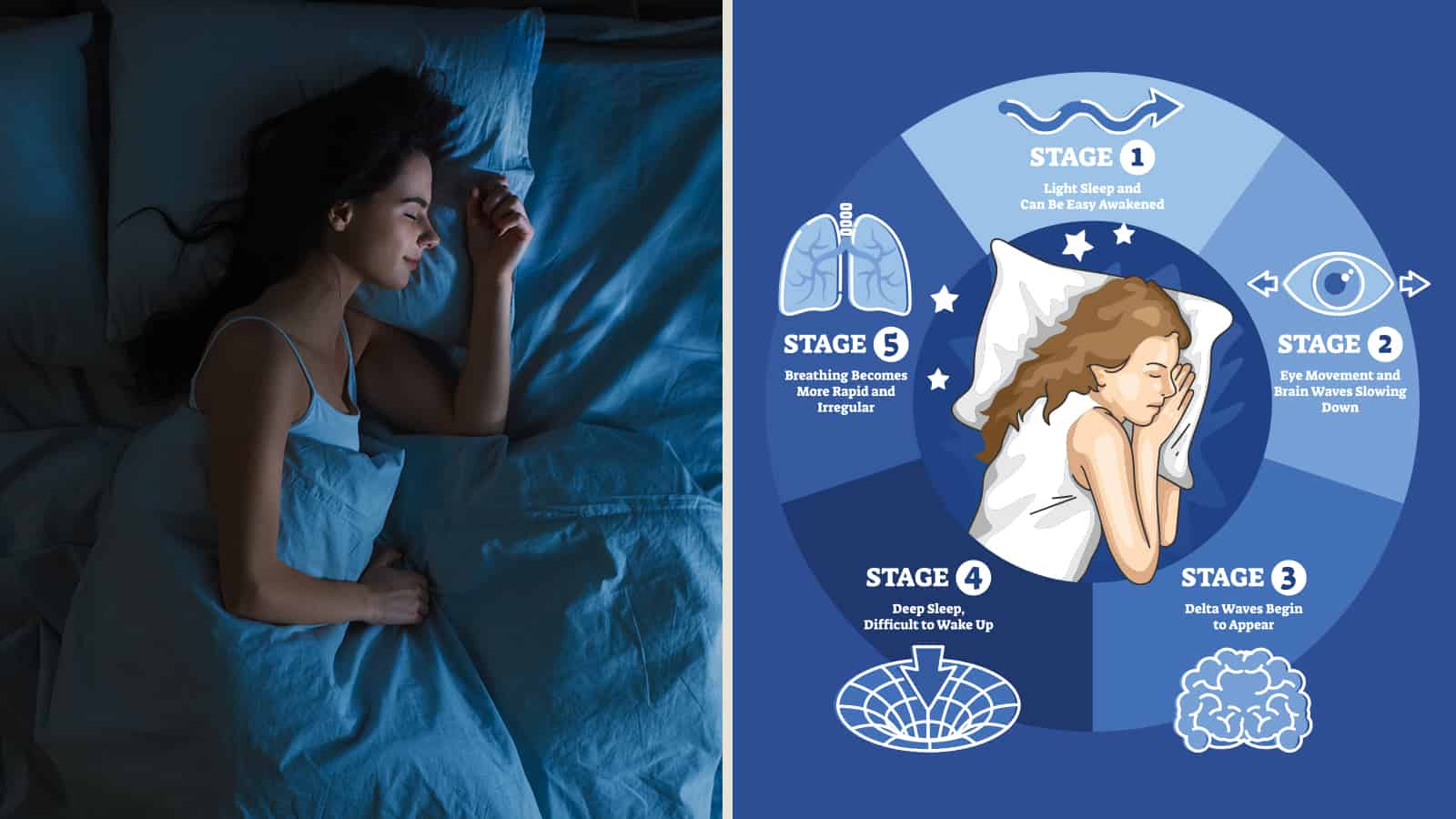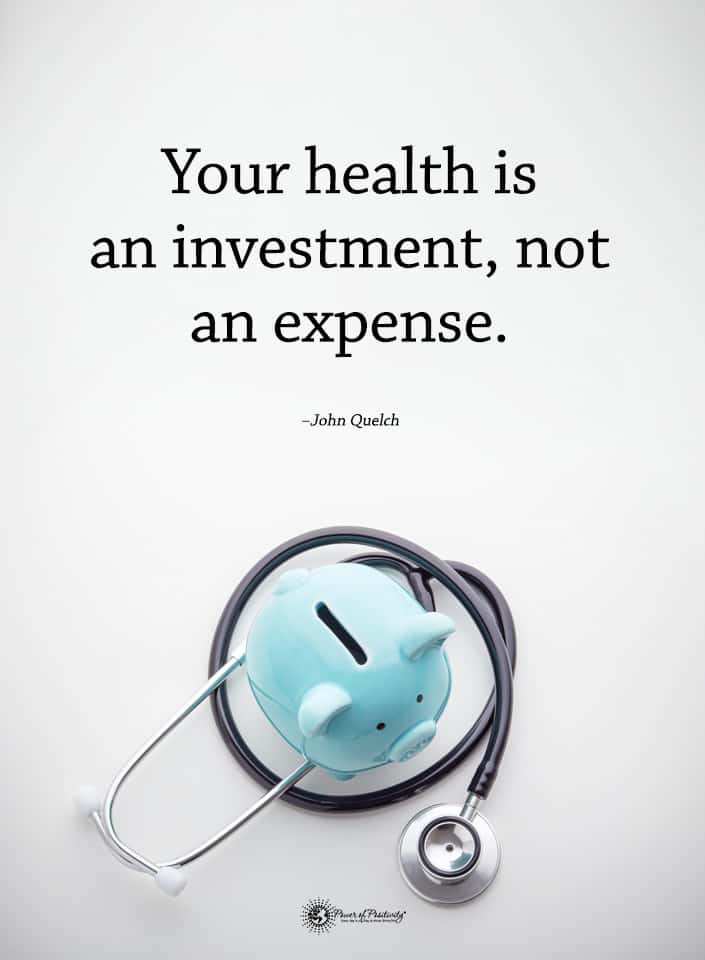Deep sleep, also known as delta sleep or slow-wave sleep, is an integral part of the natural human sleep cycle. At this point, your brain waves slow down, along with your breathing and heartbeat. Your muscles relax, and it becomes pretty tough to wake you up, even with a loud noise. Being woken at this point can cause drowsiness and disorientation.
Our understanding of sleeping and its stages has come a long way in recent years. Deep sleep has gotten a good deal of that spotlight! As it turns out, this stage of sleep can play a considerable role in restorative rest and is necessary for good sleep quality. In fact, its effects may benefit various aspects of physical and mental health. And you don’t have to take our word for it – experts agree!
Dr. Dan Gartenberg is one such expert in the field of sleep. Often called “Dr. Snooze,” he founded SleepSpace and worked on better understanding sleep throughout his career. He has backing from the National Institute of Health and National Science Foundation to work on technologies that improve our experience and knowledge of sleep.
In 2017, Dr. Gartenberg spoke at an official TED conference on the benefits of deep sleep. The short talk was primarily a backdrop to explaining a new technology that he and his team had developed to simulate deep sleep better. Still, some nuggets of information in his speech can be used alongside other findings to paint a picture of the importance of this sleep stage. Here’s how one scientist explains four ways deep sleep improves health.
1. Deep Sleep Repairs The Body
There’s a reason that deep sleep is also known as “slow-wave sleep.” During this period, you have long-burst brain waves, which Dr. Gartenberg explains are highly different from usual waking waves. These “slow waves,” scientifically known as delta waves, allow your brain to convert various waking interactions into data for your body to use.
This phase is an essential part of damage repair. Your body goes through many things daily and is exposed to various forms of potentially harmful input. This input can come from stress, the body using your proteins, and even ultraviolet rays. As you sleep, your body repairs itself, and deep sleep is crucial in that process.

Regular brain waves transfer information, and slow waves do too. They allow your cells to recover and convert daily input into your personality, long-term memory, and learning. Delta waves become less and less abundant as you age, says Dr. Gartenberg. This means that deep sleep can even mark youth, showing how vital this stage is!
Research shows that deep sleep is crucial in memory consolidation. This refers to how your brain makes various connections in your sleep, linking sensory input, events, and even emotions. This helps you learn and develop, and it also helps your body learn how to repair and rejuvenate you each night.
2. Deep Sleep Strengthens Immunity
To maintain your immune system, your body needs to be able to repair and refuel itself. This is why sleep is central to immunity. When you get enough rest, especially from a deep sleep, your body can produce new proteins, repair neural connections, and get vital boosts.
But when you don’t get enough sleep, you get weaker pretty quickly. You’re always tired, and your body has to focus on keeping you awake and on your survival. This leaves it with fewer defenses against various forms of illness. Here are some of the ways that sleep links to immunity:
· Cold Resistance
You are more likely to develop a cold when you get too little sleep – more than four times more likely, in fact, than those who get seven hours or more of rest! Studies also show that the fewer hours you sleep, the less the risk.
· Inflammation Decrease
You have less inflammation. Inflammation in the body is triggered by dysregulation of the central nervous system. When the nervous system experiences stress, it releases several neurotransmitters that increase inflammation in the body. This response can help your survival. However, when done incorrectly, it can lead to several issues and diseases. Dr. Gartenberg clarifies that Alzheimer’s, cardiovascular problems, and similar inflammatory disorders can arise from poor sleep. Research shows that disturbed sleep, significantly when deep sleep is disturbed, can trigger inflammatory signaling and worsen your health. This can lead to many chronic problems.
3. Loss Of Deep Sleep Causes Riskier Behavior
To keep yourself safe, happy, and healthy, you need to make decisions for your benefit. When making riskier choices, you need to have your wits about you. Dr. Gartenberg mentions that you’re more likely to make rash decisions when you get poor sleep. It would help if you had a deep sleep to feel rested and safer when you wake up.
But why does this happen? Poor sleep can impact your executive function, encompassing various forms of complex thinking. Affected systems can include the following:
- Alertness
- Decision-making
- Problem-solving
- Memory
- Planning
- Social interactions
- Work and physical tasks
Just a single night of poor-quality sleep can significantly affect your executive function, according to studies. To function well throughout the day, you must maintain a decent amount of concentration and alertness for various tasks. This promotes better performance and more innovative thought processes. This will also aid your emotional regulation, so you aren’t too irritable or moody.
Worse still, lacking good sleep can be just as dangerous for you as being inebriated. The Centers for Disease Control and Prevention, for example, states that getting fewer than 6 hours of sleep can cause you to fall asleep behind the wheel. Further research indicates that each additional hour of sleep you lack significantly worsens your car accident risk. You’ll also be at risk of getting into various workplace accidents, say other studies.
In other words, deep sleep improves health in a relatively straightforward way: it helps you don’t make better decisions and avoid careless mistakes that could cause you bodily harm.
4. Deep Sleep Balances Metabolic Factors
Dr. Gartenberg briefly mentions in his talk that insufficient sleep can be a risk factor for diabetes. But why, exactly, is that? It turns out that deep sleep – and all sleep stages – are rather crucial in maintaining and repairing the body’s metabolism.
Your body needs to measure your energy and make decisions based on the fuel it needs to balance out your metabolic rate and naturally nourish yourself in a measured way. Without the power of deep sleep, you’ll feel exhausted, sending your body into a panicked haywire! Here are some ways that deep sleep can balance metabolic factors:
· Higher Satiety
To regulate your hunger levels, you need balanced hormones ghrelin and leptin. Ghrelin signals hunger, and leptin signals fullness. Unfortunately, studies show that insufficient sleep can cause you to overproduce ghrelin and underproduce leptin. This makes it hard to determine when you’re full, causing constant hunger and overeating.
· Fewer Cravings
Your body tends to promote food cravings that can provide it with what it needs. As such, when you don’t get enough sleep, your body starts to think it needs a lot more calories for energy. This means that it sends out signals for high-calorie, unhealthy cravings, especially ones involving tons of fat and sugar, according to studies.
· Balanced Blood Sugar
The hormone insulin is central in balancing blood sugar, but you’re likely to have trouble producing this hormone if you don’t get enough sleep. Studies show that people who lack sleep have a worsened risk of developing insulin resistance and even type 2 diabetes.
· Lowered Obesity Risk
Sleeping less than seven hours daily heightens your weight gain risk and is linked to higher body mass indices. Given all the previous factors we’ve mentioned regarding satiety, cravings, metabolic syndrome, and blood sugar, this is no surprise. Studies show that you can become 41% more likely to become obese if you don’t sleep enough! Essentially, you need to feel well-rested to have a healthy metabolism, and you can’t do that if you don’t get deep sleep. Your motivation to exercise also takes a nosedive when you’re tired, as you don’t have the energy to be active.
Final Thoughts On Some Ways Deep Sleep Improves Health
It’s so normalized to get lousy sleep or insufficient sleep that people don’t bat an eye at it. Some people are even proud of their lack of sleep, competing with everyone around them. Dr. Gartenberg himself calls this out in his talk. He mentions how we often wear a lack of sleep as a badge of honor. Unfortunately, this only furthers the health crises we face due to how common a lack of sleep is!
One of the trickiest parts about needing deep sleep for good sleep quality is that it’s so easy to disrupt this stage of the Circadian rhythm accidentally. Even getting 8 hours of sleep each night doesn’t guarantee achieving proper deep sleep! That’s why good sleep hygiene is necessary, and it’s why sleeping well is a science that we need to understand better.
If you feel tired or exhausted after getting good sleep and maintaining a good sleep schedule, it’s time to up your sleep hygiene. It may also be a good idea to speak to a doctor about your sleep struggles if they have begun to affect your everyday energy levels. Even if you don’t have a sleep disorder, a professional can help you determine how to improve the rest you get.
Ultimately, remember that you need deep sleep for your health. It’s important to prioritize getting sufficient rest each day, and incorporating it into your routine. Trust us – and Dr. Gartenberg – when we say your mental and physical well-being will thank you for it!




















